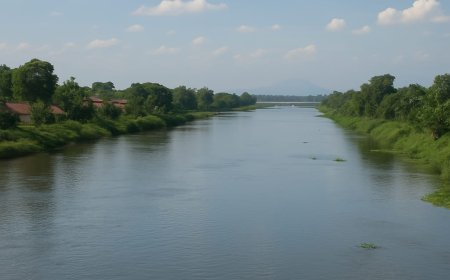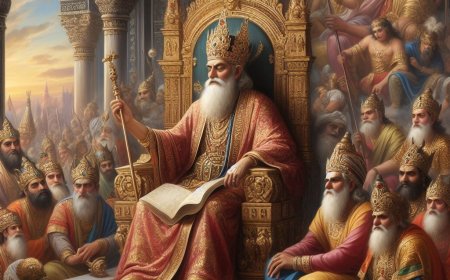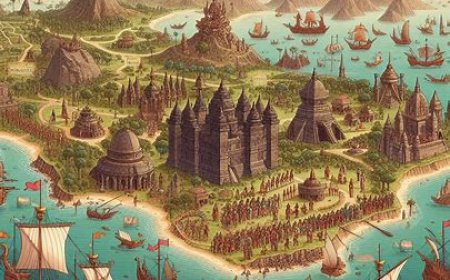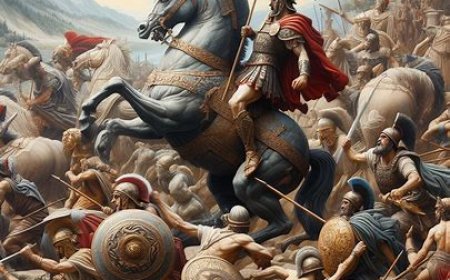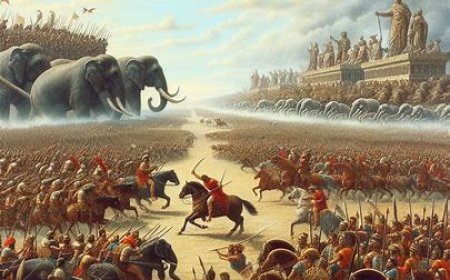Punic Wars: Fierce Battles with Profound Geopolitical Impact
The Punic Wars concluded with the rise of Rome as the dominant power in the Mediterranean and the destruction of Carthage. With the removal of their most significant rival, Rome became an empire that controlled vast territories around the Mediterranean. The Punic Wars had a very broad and significant geopolitical impact at that time. These impacts included major changes in the balance of power in the Mediterranean region and even influenced global developments.
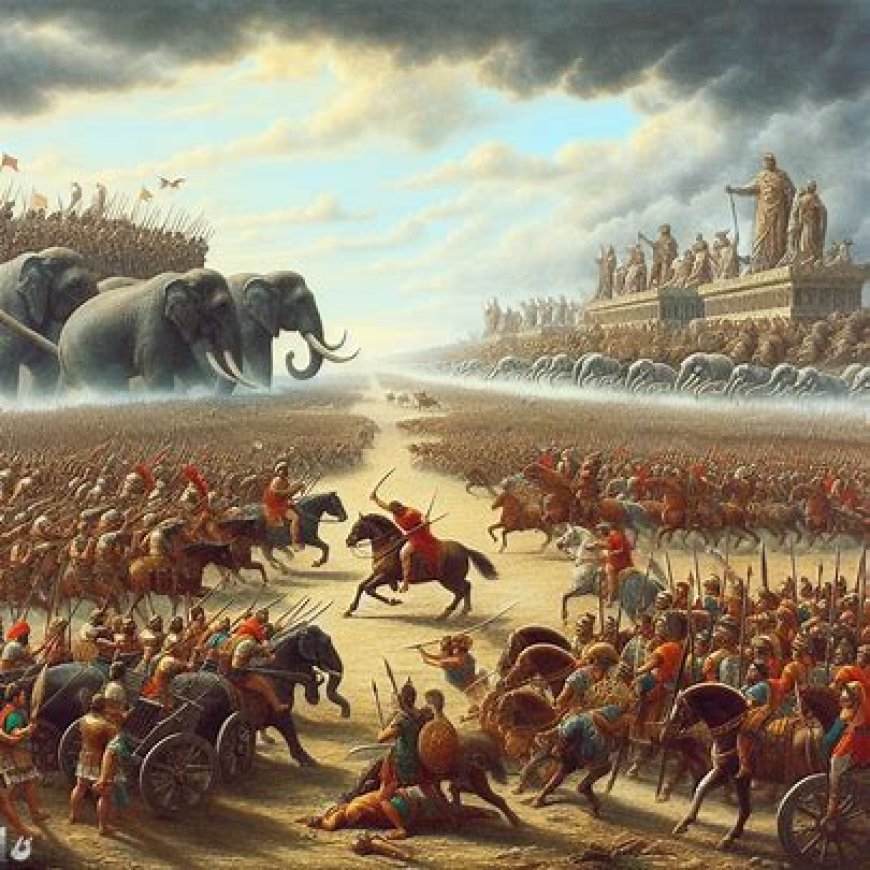
The wars between Rome and Carthage, known as the Punic Wars, including the First Punic War (264–241 BCE), the Second Punic War (218–201 BCE), and the Third Punic War (149–146 BCE), can be considered as significant conflicts in ancient history.
The Punic Wars were a series of conflicts involving the Roman Republic and Carthage, two major powers at the time, and were among the largest wars of the ancient world. The wars not only involved land battles but also naval warfare, significantly impacting the political and military developments in the Mediterranean region.
The First Punic War began as an economic and territorial rivalry, primarily concerning the island of Sicily. The Second Punic War, involving the renowned general Hannibal Barca, became one of the most famous military conflicts in history, with campaigns including Hannibal's journey across the Alps to attack Rome from the north.
The Third Punic War marked the end of this series of conflicts, where Rome ultimately destroyed Carthage. Carthage was annihilated in 146 BCE, and its territory became a Roman province.
The explanations of these three wars are as follows:
1. First Punic War (264–241 BCE)
This conflict started due to the rivalry between Rome and Carthage for control over the island of Sicily. The war involved naval and land battles across various regions, including Sicily, Sardinia, and the Mediterranean waters. The war concluded with a Roman victory, and Carthage had to cede Sicily to Rome.
2. Second Punic War (218–201 BCE)
The Second Punic War became one of the most famous military conflicts in history. Hannibal Barca, the Carthaginian commander, crossed the Alps with his forces to attack Rome from the north. The Battle of Cannae in 216 BCE was one of the most notable battles in this war, where Hannibal's forces successfully defeated a much larger Roman army. Despite Hannibal winning several battles, the war ended with a Roman victory. The result was the formation of the Roman province of Africa and substantial reparations paid by Carthage.
3. Third Punic War (149–146 BCE)
The Third Punic War began due to territorial disputes between Carthage and Numidia. Rome viewed this as a violation of agreements and demanded redress from Carthage. When Carthage refused, Rome initiated an invasion and besieged Carthage for three years. The final major battle was the Battle of Carthage in 146 BCE, where Carthage was destroyed by Rome, and its territory became a Roman province. The end of the Third Punic War is also known as the Siege and Destruction of Carthage.
The Punic Wars concluded with the rise of Rome as the dominant power in the Mediterranean and the destruction of Carthage. With the removal of their most significant rival, Rome became an empire that controlled vast territories around the Mediterranean.
The Punic Wars had a very broad and significant geopolitical impact at that time. These impacts included major changes in the balance of power in the Mediterranean region and even influenced global developments. Here are some geopolitical impacts of the Punic Wars:
1. Rise of Rome as a Major Power
Rome's victory in the Punic Wars solidified its position as a major power in the Mediterranean region. This paved the way for Roman expansion into other territories and ultimately led to the establishment of the Roman Empire.
2. Destruction of Carthage
After the destruction of Carthage in the Third Punic War, Rome became the dominant empire in the region. Roman control over the surrounding territories created a new hegemony in the Mediterranean.
3. Changes in the Roman Government Structure
Roman victory in the Punic Wars played a role in the transformation from the Roman Republic to the Roman Empire. The consolidation of power and military success influenced the internal political dynamics of Rome.
4. Economic and Welfare Impacts
Roman control over territories previously held by Carthage had positive economic impacts, including infrastructure development, flourishing trade, and increased prosperity in those regions.
5. Formation of Roman Provinces
The outcome of the Punic Wars involved the conquest of new territories and the establishment of Roman provinces. This shaped a new administrative structure within the empire, incorporating elements from the conquered cultures.
6. Historical Significance
The events of the Punic Wars, including Hannibal's campaigns and the destruction of Carthage, became integral parts of the legacy of the ancient world. These stories provide lessons on military strategy, diplomacy, and the consequences of large-scale battles.
7. Influence on Regional and Global Power Balance
The impact of the Punic Wars extended into the balance of power in the Mediterranean and even affected global dynamics, offering inspiration and lessons for subsequent conflicts in world history.
Thus, the Punic Wars were not merely local conflicts but events that shaped the geopolitical map of the ancient world and laid the groundwork for significant changes in that era.
(source: chatgpt)
What's Your Reaction?










